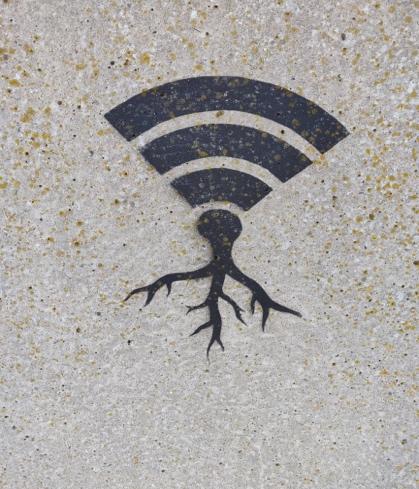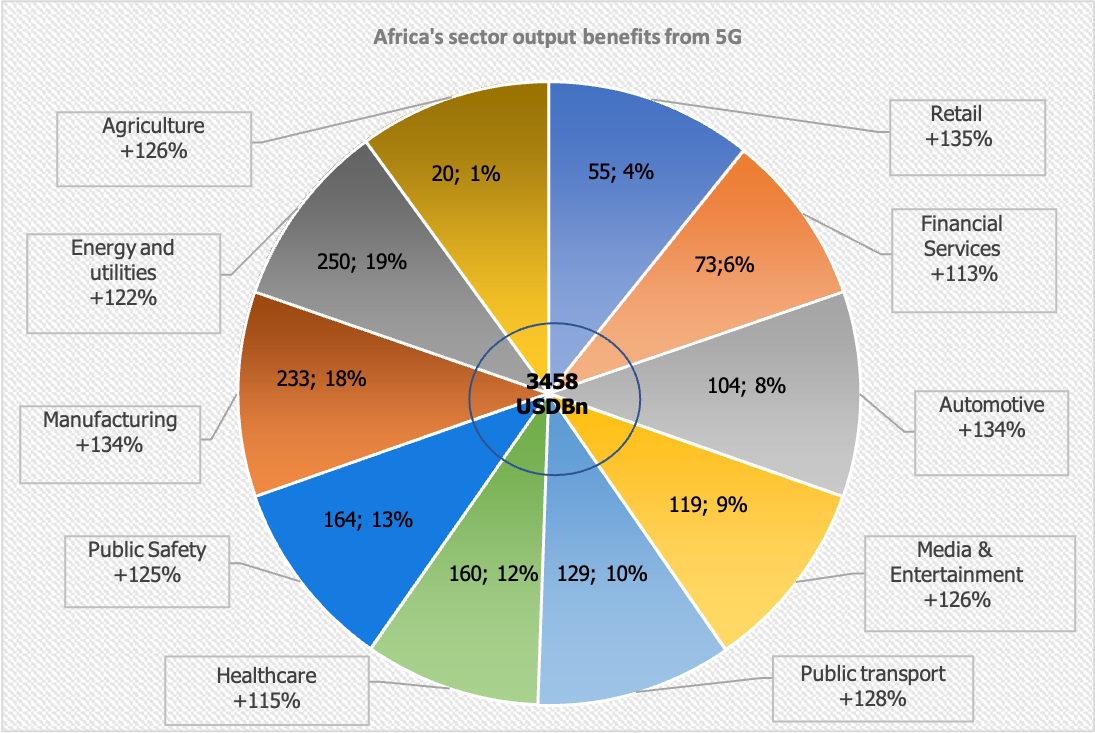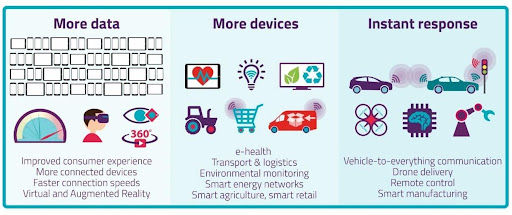
By Nikita Bhavan, Economics Postgraduate from the University of Johannesburg
Summary: Africa’s integration into 4IR digital technologies is keeping up with that of advanced economies. 5G wireless connection and eco-friendly network towers are ramping up in favour of the industry.
Digital technologies have brought innumerable opportunities to all parts of the world. Every continent, including Africa, has seen the emergence of the telecommunications sector. The development of Africa’s telecommunication sector has substantially impacted the continent’s economies in diverse ways. From enabling access to banking via mobile phones to extending internet connectivity across formal and informal regions in Africa.
World Mobile’s senior business leaders estimate that Africa’s telecoms sector will be the fastest-growing industry over the next five years. This will promote Africa’s integration into inclusive socio-economic growth, job creation, bridging the digital divide, eradicating poverty and achieving the smooth transition into Fourth Industrial Revolution (4IR) technologies.
However, for digital technologies to be harnessed, enhanced internet connectivity needs to be widely accessible. Most regions in Africa still operate on 2nd Generation (2G), 3rd Generation (3G) or 4th Generation (4G) internet connection but accelerated digital developments are taking place within the telecommunications sector to propel the growth of the economy. 5th Generation (5G)-related activities are starting to gain momentum across Africa. Africa’s pioneers consisting of Botswana, Egypt, Ethiopia, Gabon, Kenya, Lesotho, Madagascar, Mauritius, Nigeria, Senegal, Seychelles, South Africa, Uganda, and Zimbabwe, have started testing and deploying 5G wireless connections. This means that 5G will account for 20% of African cellular connections and will contribute an additional $2.6 billion to Africa’s economy by 2030. Additionally, a study of 400 potential industry use cases across 10 industries predicted transformational gains for virtually every sector arising from the interplay of digitisation and connectivity enabled by 5G. This can be seen in the figure.

Source: https://www.icasa.org.za/uploads/files/ICASA-2021-5G-Annual-Report.pdf
As different regions in Africa continue to embrace the rolling out of 5G networks, the continent will derive futuristic benefits such as increased productivity resulting in economic growth, consumer and social benefits derived from improvements in welfare, investment expenditure, factory and warehouse automation, digitalised financial services, efficient agriculture production through the use of agri-sensors (which will assist with eradicating food insecurity issues), healthcare advancements and telehealth using Augmented Reality (AR) and Virtual Reality (VR), advanced and better quality learning approaches for students – such as distant learning, highspeed broadband internet access to formal and rural areas, and smart retail services.
Furthermore, Africa is embarking on a new journey through implementing green wireless networks to assist with decarbonisation. The first eco-friendly wireless network tower was activated in Egypt. The green tower will improve signal quality by 20%, compared to regular antennas, which means fewer base stations will be installed, thereby resulting in a lower environmental footprint and an additional step towards achieving environmental sustainability. Installing more green towers will enable Africa to reduce carbon emissions over the upcoming years and still achieve digital transformation.
5G is a catalyst for innovation, offering industries, service providers, communities and individuals the opportunity to advance the digital agenda. However, just like in other regions of the world, Africa’s telecommunications industry faces several obstacles, such as high costs, difficulty reaching populous rural areas, and infrastructure disputes between the public and private sectors.
On the other hand, internet evolution is rapidly advancing on a global scale. At the World Mobile Congress (WMC) this year telecom giants are analysing the possible rollout of sixth-generation (6G) networks. 5G is still seen as the ‘now’ but 6G is on the agenda for near-future digital developments. There is still uncertainty around the operations of 6G mobile networks but experts expect implementation of the new and transformed network by 2030. Principal Research Scientist at Telefònica Research estimates that 6G will boost network capacity by 500 times. Pioneers such as Europe, South Korea, Japan and China contest to be at the forefront of the 6G revolution, aiding companies such as Ericsson, AT&T, Samsung, Nvidia, Qualcomm and InterDigital to invest heavily in 6G research-related initiatives.
However, as attentiveness around 6G networks gains momentum, industry experts are not convinced about Africa’s implementation of 6G by 2030. Once more, the lag is connected to a lack of infrastructural development, inadequate spectrum availability, a dearth of funding and regulatory red tape governing the 6G spectrum. According to Paul Colmer, Exco member of the Wireless Access Providers Association, costs will be the biggest challenge. 5G towers have a range of several kilometres and power entire communities. 6G will require building an exponentially denser and lower altitude infrastructure. Currently, 5G deployment in Africa is progressing very slowly due to spectrum licensing regulation issues, and although standalone 5G networks are cheaper than traditional networks, they still require significant investments to enter the market. The same can be expected for 6G rollouts.
On the brighter side, approximately two billion 5G connections are expected in Africa by 2025. This represents the fastest rollout trajectory in the mobile industry compared to 3G and 4G. It is speculated that several economies that are currently driving Africa’s telecommunications industry are likely to be among the adopters of 6G, particularly those countries known for their digital growth and technological infrastructure that supports innovation but immense policy and private sector support is required.

Some characteristics and benefits of using 5G networks. Africa can reach a whole new level of growth by embracing the futuristic digital era.
Image source: https://www.icasa.org.za/uploads/files/ICASA-2021-5G-Annual-Report.pdf

Nikita Bhavan
Nikita holds a Postgraduate degree in Economics from the University of Johannesburg, South Africa. She has recently completed a Research internship at the Financial and Fiscal Commission. She has a strong interest in macroeconomics, public and social economics and policy analysis. Currently seeking new opportunities, she aspires to collaborate on projects with institutions and companies across different industries to engender impactful and transformative solutions to global economic and financial challenges.